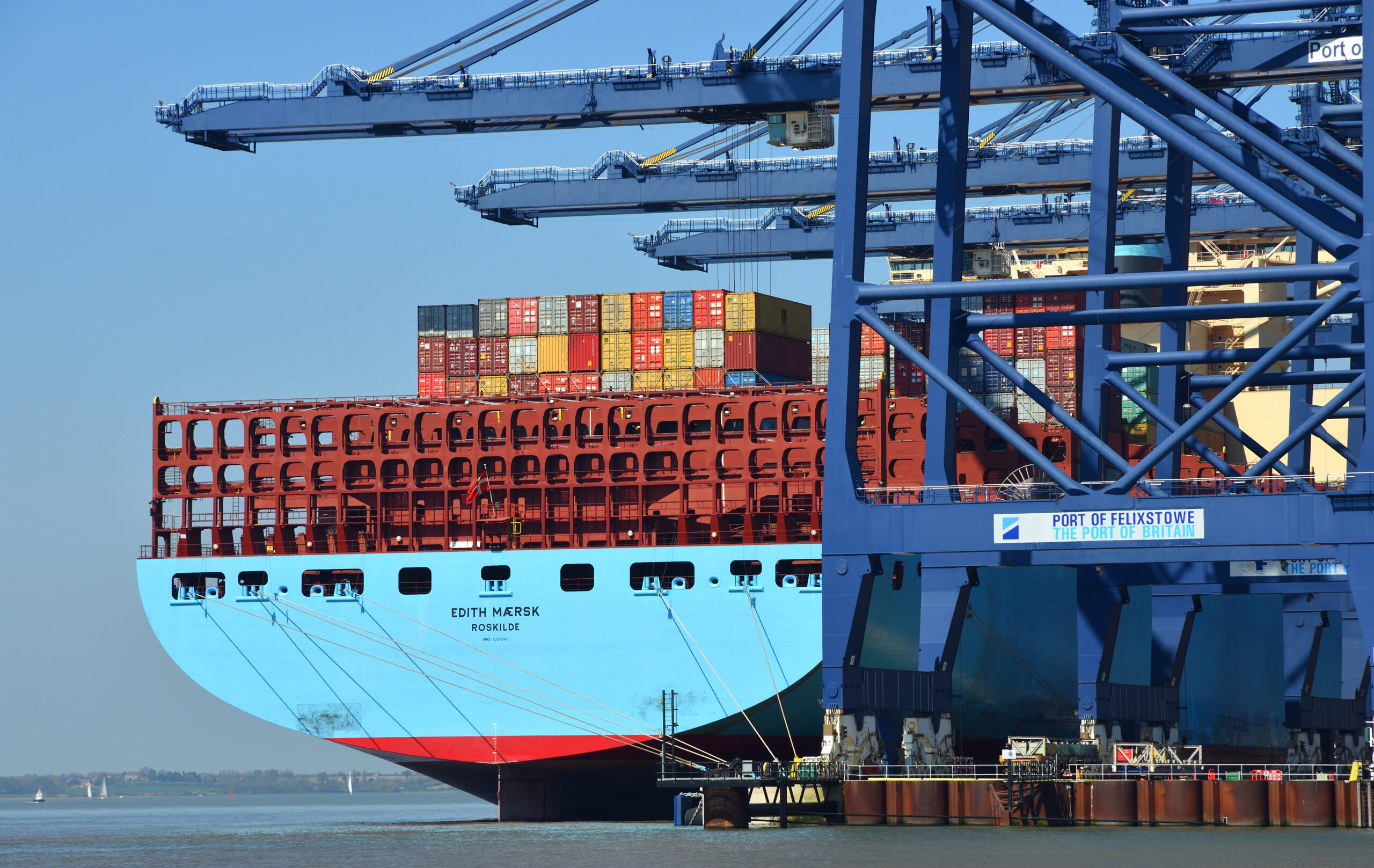Danish towage provider, Svitzer, and leading Norwegian “Roll-on, Roll-off” shipping company, Höegh Autoliners, have partnered to implement Svitzer’s EcoTow carbon insetting solution in Australia. It marks the first deployment of the proprietary carbon insetting service in the region and will result in a significant reduction in carbon emissions produced during port operations.
EcoTow is designed to neutralise emissions from towing operations. Net-zero emissions is achieved by the generation of carbon credits through Svitzer’s use of biofuels across its international fleet which are mass-balanced against emissions from harbour towage operations. This process is externally audited, with results documented through certification and assurance reporting to ensure the solution’s transparency and credibility as a tool for maritime decarbonisation.
The collaboration between Höegh Autoliners and Svitzer is centred on the Höegh Aurora, a multi-fuel pure car and truck carrier (PCTC). During the Aurora‘s maiden voyage to Australia in late December 2024, the EcoTow delivered “a near 100% reduction in CO2 emissions” associated with towage operations, according to Svitzer. The vessels called at the Australian ports of Fremantle, Melbourne, Port Kembla, and Brisbane.
Towage remains one of the largest sources of carbon emissions in port operations. To address this, Svitzer has committed to achieved fully carbon-neutral operations by 2040 and reducing the carbon intensity of its tugboat fleet by 50% by 2030. Videlina Georgieva, Managing Director for Svitzer Australia, expressed her hope that the EcoTow solution will inspire policy advancements that will accelerate bioenergy and electrification solutions in maritime decarbonisation: “This is an exciting step forward for decarbonising shipping in Australia and a demonstration of the significant contribution maritime can make toward a net-zero future. We are thankful for the opportunity to work closely with our customers to reduce emissions while providing sustainable, safe, and reliable marine services.”
Höegh Autoliners has set the ambitious target of net-zero emissions by 2040. Sebjørn Dahl, Chief Operations Officer at Höegh Autoliners, underscored the significance of Höegh’s partnership with Svitzer in achieving this goal: “We are proud to have secured the first-ever low-carbon towage service in Australia. This initiative not only aligns with our sustainability objectives but also supports our customers in reducing their carbon footprints.”
This partnership exemplifies the vital role of innovative solutions, such as carbon insetting, on achieving the International Maritime Organisation’s (IMO) target of achieving net-zero carbon emissions by 2050. Unlike carbon offsetting, whereby projects external to the maritime value chain are used to compensate for emissions, carbon insetting integrates emissions reduction measures directly within a company’s operations and supply chain.



